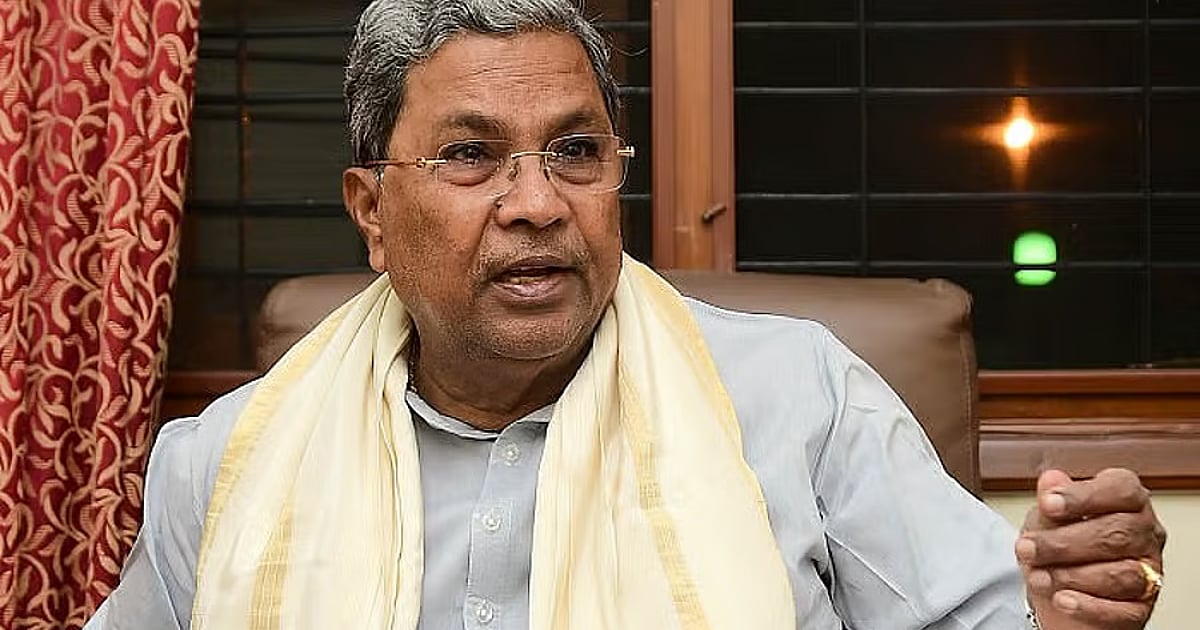Dutch Defence Budget Faces €25 Billion Hike to Meet NATO Goals – Minister Warns

The Netherlands is bracing for a significant increase in defence spending, potentially reaching €25 billion annually within the next decade, according to caretaker Finance Minister Eelco Heinen. This substantial rise is linked to the nation's commitment to fulfilling a new North Atlantic Treaty Organization (NATO) spending target, a pledge made to bolster collective security in a rapidly changing geopolitical landscape.
Heinen's warning, delivered on Sunday, highlights the considerable financial implications of aligning with NATO's ambitious goals. The current trajectory suggests a dramatic shift in budgetary priorities, demanding a reassessment of public spending across various sectors. The new target, which requires member states to allocate at least 2% of their Gross Domestic Product (GDP) to defence, has spurred intense debate within the Dutch government and among the public regarding the balance between national security and other essential services.
Why is this happening? The renewed focus on defence spending stems from the ongoing conflict in Ukraine and a broader recognition of the need for enhanced European security. NATO allies have been urged to increase their contributions to the alliance, strengthening their collective ability to deter aggression and respond to emerging threats. The Netherlands, traditionally a strong supporter of NATO, has committed to meeting these expectations, but the financial burden is substantial.
The Financial Impact: Reaching the €25 billion mark would represent a significant portion of the Dutch national budget. Heinen emphasized the need for careful planning and potentially difficult choices to ensure the sustainability of such increased spending. The government will need to explore various funding mechanisms, including potential tax adjustments or cuts in other areas, to accommodate the rising defence costs. This will inevitably lead to scrutiny from opposition parties and advocacy groups concerned about the impact on social programs and public services.
Beyond the Numbers: The commitment to increased defence spending isn't solely about allocating funds. It also encompasses modernizing the Dutch armed forces, investing in new technologies, and enhancing training and readiness. This requires a long-term strategic approach, ensuring that the increased investment translates into tangible improvements in the nation's defence capabilities.
The coming months will be crucial as the Dutch government grapples with the financial and political challenges of meeting its NATO obligations. The debate surrounding defence spending is likely to intensify, with stakeholders vying to influence budgetary priorities and shape the future of Dutch security policy. The ultimate outcome will have far-reaching consequences for the Netherlands and its role within the transatlantic alliance. The minister’s warning serves as a stark reminder of the significant financial commitment required to maintain a strong and credible defence posture in the 21st century.






